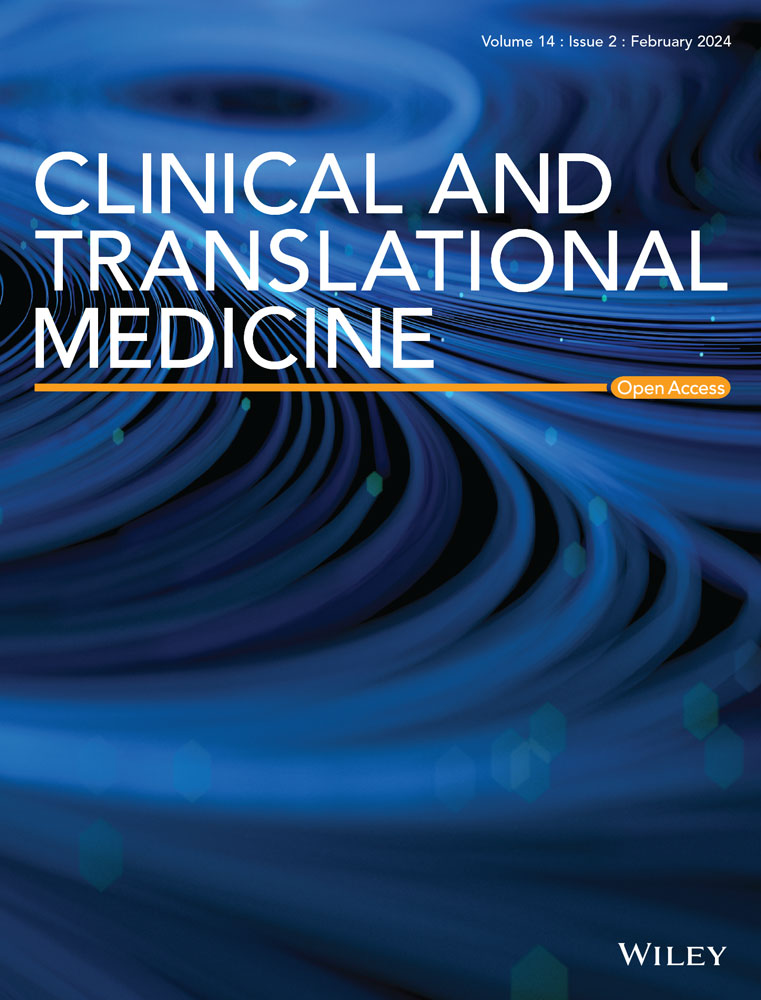Detection, molecular function and mechanisms of m5C in cancer
Abstract
Interest in RNA posttranscriptional modifications, particularly 5-methylcytosine (m5C), has surged in recent years. Studies have shown that m5C plays a key role in cellular processes and is closely linked to tumourigenesis. This growing focus emphasises the importance of understanding the diverse impacts of m5C modifications in both normal cellular functions and cancer development. Moreover, strides in methodologies for discerning m5C have facilitated intricate transcriptome cartography of RNA methylation at the solitary nucleotide echelon. This technical progress has fueled a surge in m5C-centric investigations, facilitating further exploration of this RNA modification. This review provides a comprehensive analysis of the oncogenic potential of m5C RNA modification, elucidating the precise molecular mechanisms driving its role in cancer development. It consolidates current knowledge regarding the biological consequences of m5C RNA modification in tumour cells. Understanding the role of methylation-related processes in tumourigenesis shows promise for advancing cancer diagnosis and therapeutic strategies.
Highlights
-
m5C modifications are dynamically regulated by writers, readers, and erasers, influencing cancer progression, metastasis, and immune evasion.
-
Distinct m5C regulatory networks exist across cancers, modulating oncogenic pathways and therapy responses.
-
m5C signatures serve as biomarkers for cancer prognosis and treatment stratification, highlighting their role in precision oncology.


 求助内容:
求助内容: 应助结果提醒方式:
应助结果提醒方式:


